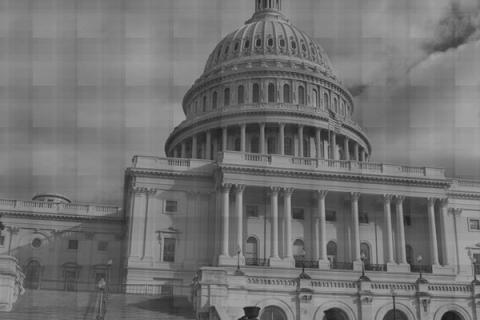"The making of laws is like the making of sausages-the more you know about the process the less you respect the result."
The California legislature recently voted to postpone Proposition 18, the $11 billion water bond, until the 2012 ballot. They drop-kicked it into the future after serious outcry arose over the enormous amount of pork it contained, such as cozy deals for special interests, and a sneaky attempt to dump the cost on taxpayers instead of, as is traditional, make those using the water pay for it themselves. That California badly needs to rebuild its creaky, aging water infrastructure is a given. But Proposition 18 in its current form does not seem the best way to do it.
The depressing thing is, rather than being an outlier, this may be how most bills and propositions get written. Ballotpedia says much of Prop 18 was written by a lobbyist and that $1.15 billion was added at the last moment. I'm guessing most of that $1.15 billion was pork to encourage votes and, while your opinion may differ, the thought of lobbyists writing legislation makes me queasy. By definition, they are paid special interests so it's difficult to see how lobbyists writing laws benefits the public good. They are paid to further a specific interest, not to consider the state as a whole.
Of the $11 billion in the water bond, over $2 billion was pork that lawmakers admit was there to get votes necessary for it to pass in the legislature, whether or not the pork had anything to do with improving water quality and supply. Gosh, what an inspiring example of democracy and transparency. Cynics might suggest, would it be simpler to just hand out stacks of hundred dollar bills on the legislature floor (and probably cheaper too) than go through this convoluted process of doling out patronage? Sure, passing laws sometimes requires compromise and negotiations, everyone knows that. But $2 billion out of $11 billion is 18%, which is excessive and piggy. I submit that our legislatures need a rule that anything added onto a bill must be directly related to the main bill. The rule needs to be very strict. Then, we won't have laws and propositions laden with expensive earmarks snuck in when no one was looking or to influence votes. Big bills in the U.S. Congress sometimes have dozens, if not hundreds of such riders. This is unworkable and contrary to good government.
Proposition 18 also had other problems that led to serious opposition to it. It ignored the long-held principle of "beneficiary pays" and tried to shift costs from those benefiting from the water (like agribusiness) to the public at large, plus it opened the door for big landowners to profit by buying water cheap then reselling it at a profit to cities. Again, it's difficult to see how the public at large would benefit from this. One wonders if the legislature even considers what would be good for the state or if they get so caught up in their machinations and deal-making that they forget about the public interest.
The Sacramento Delta is in perilous condition. Its earthen levees are aging and need repair.
"A major levee breach could imperil hundreds of thousands of people and endanger most of the State's water supply. There is also a great risk of levee failures in the critical Sacramento-San Joaquin Delta due to the presence of several active earthquake faults in the vicinity of the Delta," said Sen. Dianne Feinstein in 2006.
Time is not on our side. We need a genuine effort to rebuild California's water infrastructure, not pork-laden business as usual.

